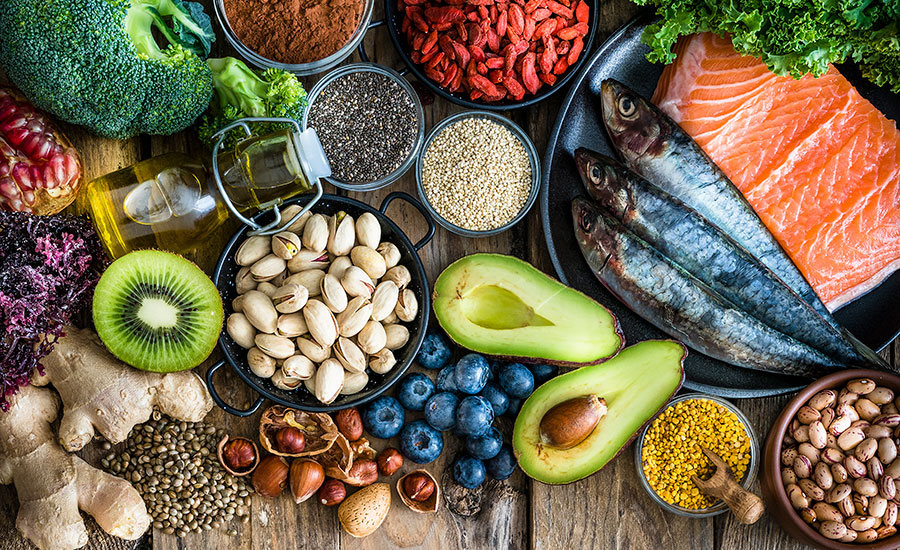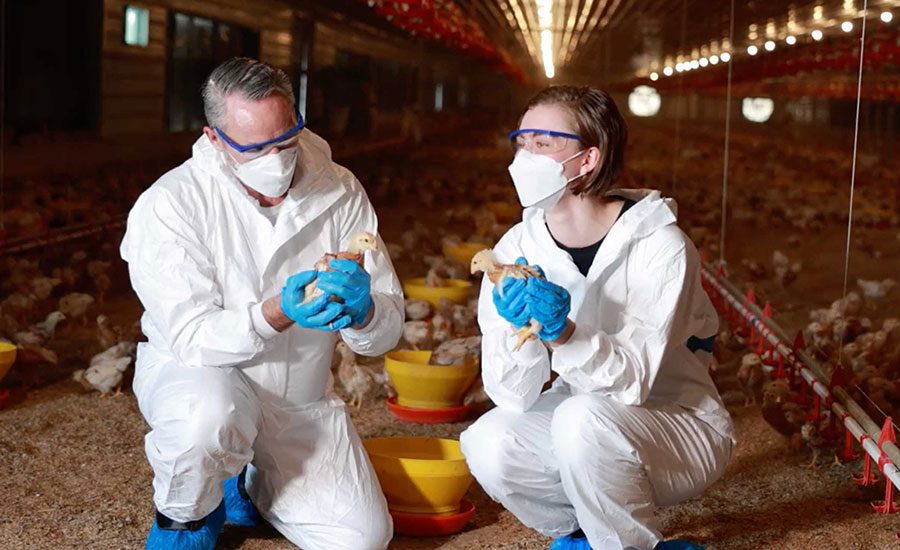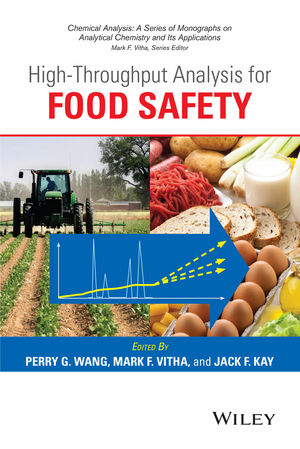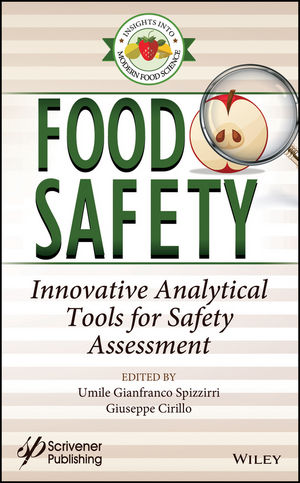The Dietary Guidelines for Americans, first published in 1980, provide science-based advice on what to eat and drink. The guidelines are designed for policymakers and health professionals to help people consume a healthy diet. The information is also used to develop, implement, and evaluate federal policies and programs.
The new U.S. Department of Agriculture (USDA) and Health and Human Services (HHS) 2020-2025 guidelines address infant nutrition and food allergy prevention for the first time in history. The guidelines state that "introducing peanut-containing foods in the first year reduces the risk that an infant will develop a food allergy to peanuts."
The guidelines also include food safety recommendations for pregnant women, as well as the general public. From the guidelines:
"Some eating behaviors, such as consuming raw, undercooked, or unpasteurized food products, increase the risk of contracting a foodborne illness. Populations at increased risk of foodborne illness, or those preparing food for them, should use extra caution. These include women who are pregnant, young children, and older adults. Individuals with weakened immune systems are also at increased risk for foodborne illness."
Read more about the guidelines here, and the Executive Summary can be found here.








